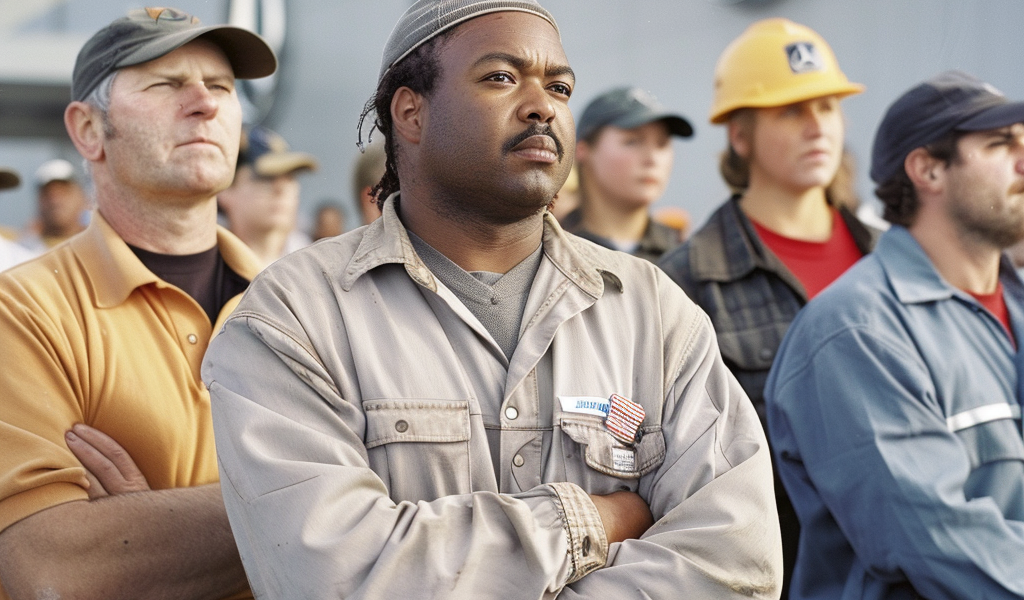Majority of Workers at Largest Mercedes-Benz Plant in U.S. Sign Union Cards in Support of Joining UAW
A majority of workers at the largest Mercedes-Benz plant in the U.S. have signed union cards in support of joining the United Auto Workers (UAW). This announcement marks another significant milestone by the union in its campaign to organize the auto plants of the traditionally right-to-work Southeast.
Plant worker Jeremy Kimbrell expressed, ‘There comes a time when enough is enough. Now is that time.’ Workers cited a list of grievances that echoed those from other factories where the UAW has gained a foothold. They mentioned their pay stagnation while the company made record profits, and the management’s replacement of full-time jobs with temporary workers.
According to the plant workers, temporary workers worked for up to eight years before receiving full-time jobs, and the management gave them a 42 cent raise over a six-year period despite making record profits. They also criticized Mercedes for imposing an unfair two-tier pay scale just as their children were entering the workforce.
The news that more than half of workers at the plant in Vance, Ala., had signed union cards comes just after a similar announcement by workers at the Volkswagen plant in Chattanooga, Tenn., earlier this month. It also follows the public coming-out of the union drive at the Hyundai plant in Montgomery, Ala., where 10,000 autoworkers across 14 other nonunion car companies had signed union cards. Additionally, the UAW announced it was committing $40 million to organize automobile and battery plant workers.
If more than 70 percent of workers at the Vance and Montgomery plants sign on, the UAW will ask management to voluntarily recognize the union. If management declines, it will trigger an election supervised by the National Labor Relations Board.
In Alabama, this campaign faces opposition from the state’s political and business leadership. State Commerce Secretary Ellen McNair expressed concern about the union drive, stating that if it succeeds, the ‘days of Alabama being a premier destination for industry investment may be coming to an end.’ Alabama Gov. Kay Ivey also voiced opposition to the union drive.
The Business Council of Alabama, the state’s chamber of commerce, has been a vocal opponent of the union drive, launching a website and ad campaign to warn about the economic dangers of unionization.





